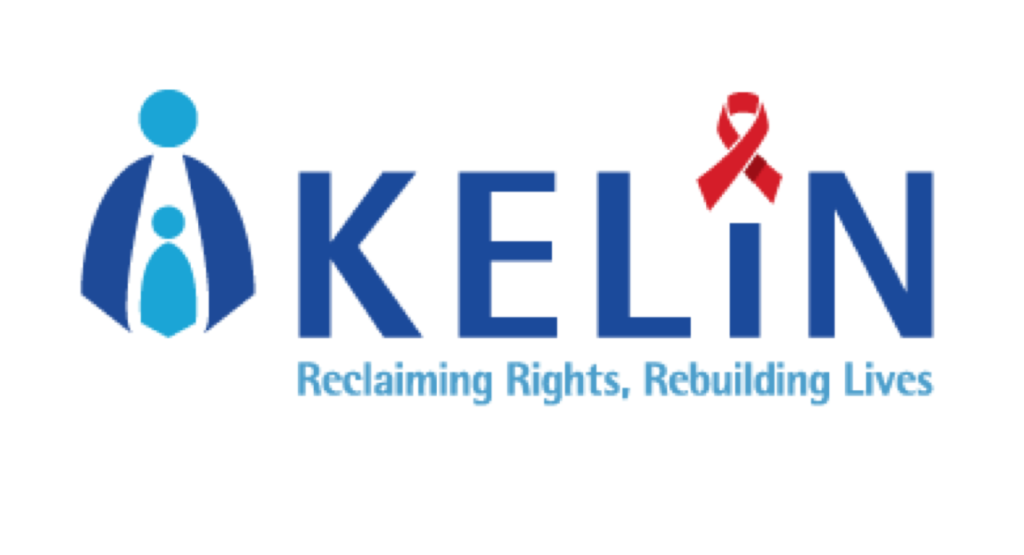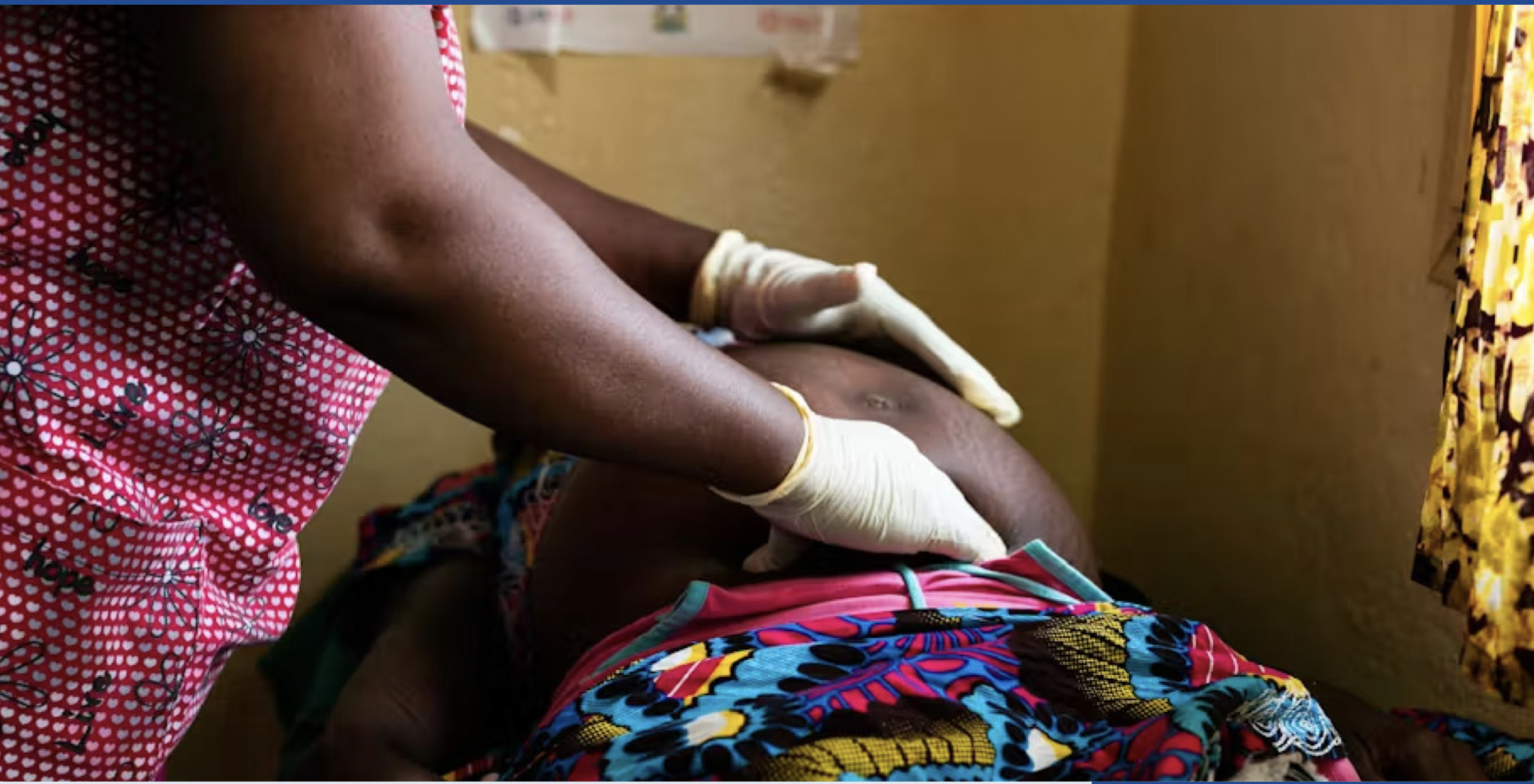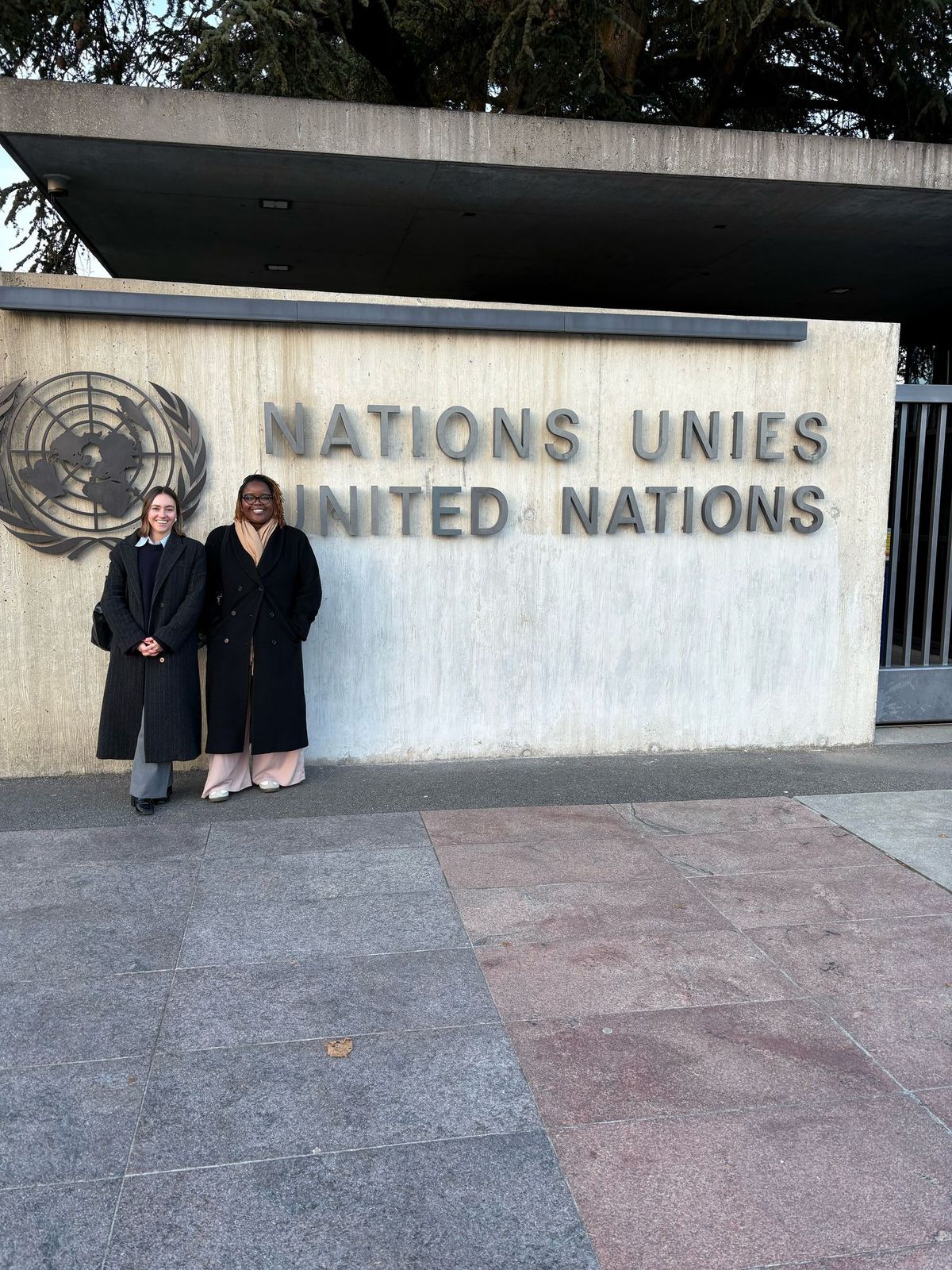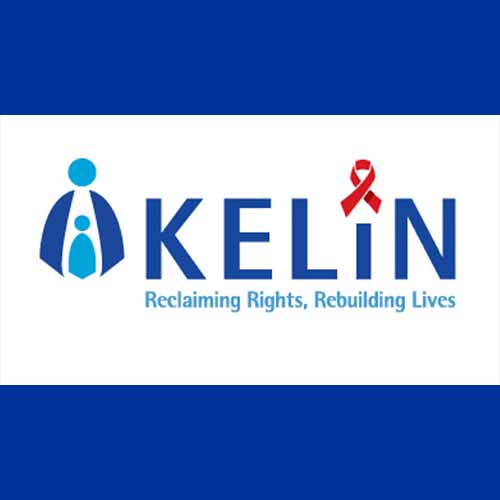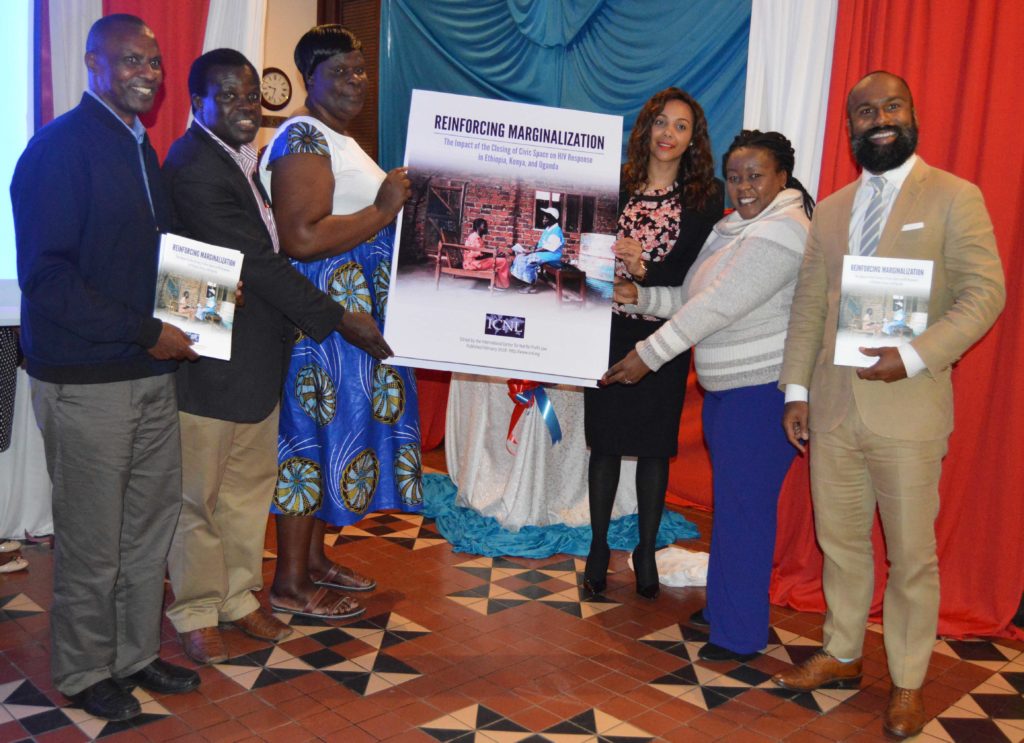
L-R: Mburu Gitu (OSIEA), Suba Churchill (CSRG), Patricia Asero (ICW-K), Tabitha Saoyo (KELIN), Jane Maina (TICAH) and Emerson Sykes at the launch of a report on the closing civic space.
“We urge donors and technical partners to raise and discuss the concerns documented in this report and to support and engage in other efforts to prevent and address restrictions on CSOs, especially those that affect its work on health, HIV and development…”
These were the sentiments shared by KELIN’s Deputy Executive Director, Ms. Saoyo Tabitha Griffith, during the launch of the report Reinforcing Marginalization: The Impact of the Closing of Civic Space on HIV Response in Ethiopia, Kenya and Uganda. The report was launched in Nairobi, by KELIN in collaboration with International Center for Not-for-Profit Law (ICNL) who contributed invaluably to the development of the entire report. The Report was developed by ICNL in conjunction with research partners in each of the three countries as well as global experts such as UNAIDS.
“Some of the key issues arising from the report are the restrictions on CSO funding, operations, freedom of communication and assembly. Restrictions and exclusions from the exercise of the rights to freedom of assembly and association have the consequence of reinforcing marginalization” noted Emersion Sykes from ICNL.
The report was designed to support evidence-based advocacy for reforming relevant laws and policies, as well as highlight the real world impact of restrictions on civil society.
The launch also provided a platform for members of the civil society to reflect on the current state of affairs and discuss the impact of the shrinking civic space on their work in implementing HIV response interventions in Kenya. According to Mr. Suba Churchill from the Civil Society Reference Group, “It is a double tragedy especially for key populations because beyond the shrinking space of civil society, the stigma tag associated with key populations makes it harder to challenge these violations when they happen.”
To ensure gains and the momentum made in the recent years in reducing prevalence of HIV & AIDS epidemic in Kenya are not lost, the report makes several recommendations including:
- Encouraging state actors to protect in practice human rights necessary for civil society actors to operate freely and without unwarranted interference, and to fully support the work of CSOs working on HIV related issues,
- Calling on AIDS co-coordinating authorities to fairly address the challenges affecting CSOs working on HIV and AIDS affecting their registration and work,
- Advising CSOs to work together to reaffirm their areas of focus and build alliances for measurable impact on addressing HIV related issues and challenges.
Going forward, KELIN intends to engage the new leadership of the NGO co-ordination Board, forge alliances with like-minded civil society organizations to ensure the PBO Act is operationalized.
Click here to download the presentation on CONTEXTUALIZING THE SHRINKING SPACE OF CIVIL SOCIETY IN KENYA.
To contribute to the discussion and for live updates follow KELIN on our social media platforms: Twitter: #CivicSpace @KELINkenya; Facebook: http://www.facebook.com/kelinkenya
For more information contact:
Saoyo Tabitha,
Deputy Executive Director
Kenya Legal and Ethical Issues Network on HIV & AIDS (KELIN)
4th Floor, Somak Building, Mombasa Road
PO Box 112-00200, KNH
Email: tsaoyo@kelinkenya.org
